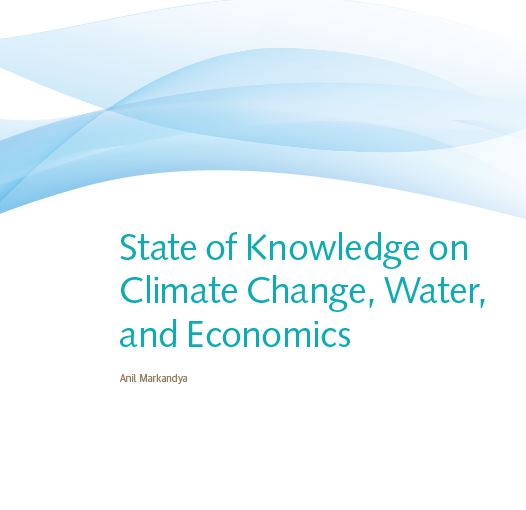State of Knowledge on Climate Change, Water, and Economics.
he current state of knowledge on climate change and water points to predominantly negative effects on the economy and society. This paper reviews the literature on these effects by geographical region and notes the differences as well as the uncertainties. An important feature of the projections is the fact that the climate effects will occur on top of a water scarcity situation that currently prevails in many parts of the world. The impact of climate change on scarcity is generally small compared to the impact of the socioeconomic factors. Adopting steps to increase the efficiency of water use could make a big contribution to addressing water problems, including those caused by climate change. In-depth estimates of damages from climate change related to water have been made to 2060 and, less accurately, to 2100. The 2060 estimates indicate that the negative impacts from changes in water supply or changes in waterrelated extreme events and marine flows could amount to about 1.5 percent of GDP in 2060 in the absence of mitigation or adaptation. This average figure, however, may be an underestimate for a number of reasons. Estimates to 2100 of potential damages in economic terms are even more uncertain, but there are strong reasons to believe they will be greater as a percentage of GDP—perhaps around 10 percent globally, and possibly even higher. Adaptation can make a major contribution to reducing damages from climate change in all mitigation scenarios, and more so when mitigation is absent or limited. Adaptation will require both private and public actions. Adaptation measures need further analysis to include more of the softer options (such as those involving the use of ecosystems) and to incorporate steps to increase efficiency in the use of scarce water, as well as other resources. In terms of next steps, work is needed on how future economic growth could be affected by the effects of climate change on water and on water-related extreme events. In addition, a better understanding of how increases in the efficiency of water use could affect the water-energy-economic nexus in the context of climate change is needed. Finally, a better estimate of the likely reduction of damages from adaptation is needed, based on a detailed bottom-up assessment rather than a top-down one.
